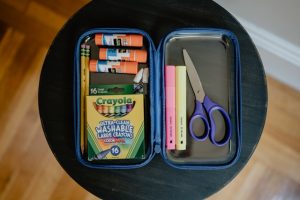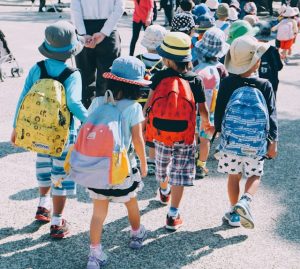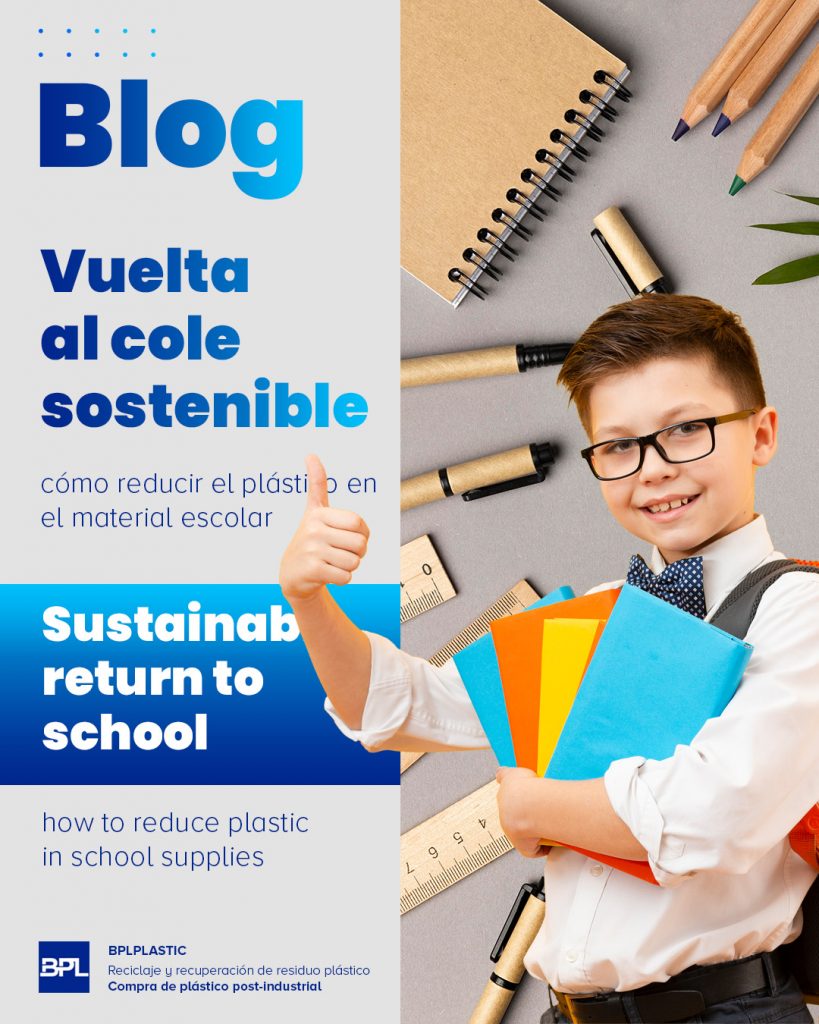School supplies are one of the main protagonists of the return to school season.
You have to prepare everything you need to face the new school year and buy all the necessary materials.
And inevitably, plastic waste is generated.
From backpacks to pencil cases and pens, many school supplies are made of single-use or low-durability plastic, contributing to environmental impact.
Fortunately, it’s possible to adopt sustainable habits that reduce plastic and encourage responsible education from an early age.
Choose durable and reusable school supplies
Opting for cases made of metal, wood, or durable fabric avoids the frequent purchase of disposable plastic products.

Backpacks made of fabric or recycled materials are more ecological and resistant.
Choosing durable items ensures they will last for several years, reducing waste and expenses in the long run.
Prioritize recycled or recyclable products
Look for notebooks, folders, and pens that are recyclable or made from recycled materials.
Wooden pencils and refillable pens help close the materials loop and prevent large amounts of plastic from ending up in landfills or the ocean.
Avoid single-use plastics
Replace disposable bottles, sleeves, and markers with reusable alternatives, such as stainless steel bottles and glass lunch boxes.

Many schools promote plastic-free snacks, making it easier to adopt these sustainable habits.
Teach children to take care of their equipment
Taking care of school supplies is key to prolonging their useful life.
Teaching children how to sharpen pencils properly, organize notebooks, and keep backpacks tidy fosters environmental responsibility from a young age.
Reuse and share school supplies
School supply exchanges allow notebooks, books, and pencil cases to be given a second life.
Reusing products reduces waste and teaches children the value of sharing and caring for resources.
Support sustainable brands
Choose companies committed to sustainability, that manufacture recyclable, durable products with minimal packaging.

Every responsible purchase helps reduce the ecological footprint and educates young people about conscious consumption.
Taking a sustainable approach to back-to-school is simple but impactful.
Reducing plastic, choosing durable and reusable materials, and teaching responsible habits helps protect the environment and fosters ecological awareness in younger generations.
At Baidal, we support sustainable solutions for the responsible use of plastic, starting with the school environment.
